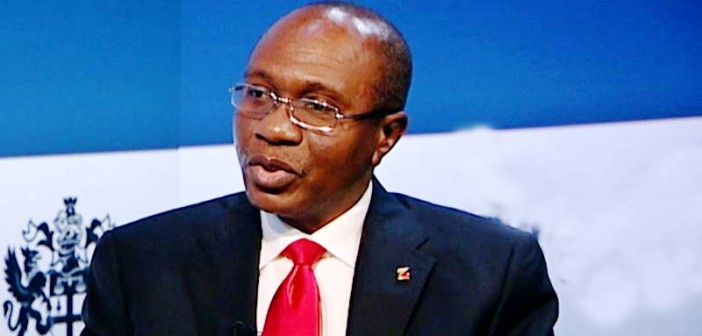The Nigerian economy is bound to slide into recession even with the stimulus spending in the 2016 budget, this is according to the Governor of Central Bank, Godwin Emefiele.
A “recession, which we signaled in July 2015, now appears imminent,” Emefiele told reporters in the capital, Abuja, on Tuesday. “Even after the delayed budgetary passage in May 2016, the initial monetary injection approved by the federal government may not impact the economy soon.”
Emefiele spoke after the Central Bank of Nigeria left its benchmark interest rate at 12 percent. While inflation accelerated to an almost six-year high of 13.7 percent in April, the economy of Africa’s biggest crude producer contracted in the three months through March for the first time in more than a decade as oil output slumped.
“The CBN has chosen to focus more on growth rather than price stability,” Ayodeji Ebo, head of research at Afrinvest West Africa Limited told Bloomberg. “To avoid the economy going into recession it felt it has to hold” the monetary policy rate, he said.
President Muhammadu Buhari signed the 2016 budget into law earlier this month, causing delays in plans to boost the economy and borrow to bridge the nation’s fiscal shortfall. The budget was postponed after politicians alleged in January that the document contained several mistakes and discrepancies.
Emefiele, who also announced plans to introduce more flexibility in the foreign-exchange market, something which Buhari has resisted, said the budget delay has caused distortions in the system.
“One aspect that is largely contributing to the situation we find ourselves today is the delay in the passage of the budget,” Emefiele said. “You can imagine a situation where a budget is passed in May when it should have been passed in January, or even latest February.”




